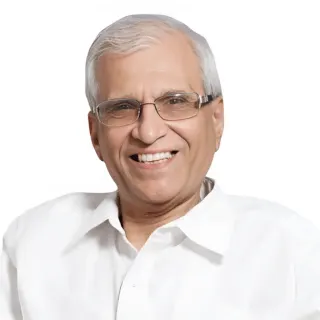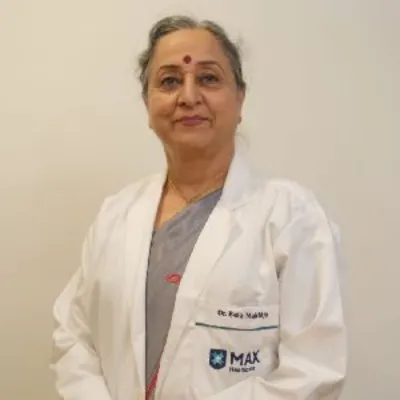Best Kidney Transplant Specialists in Artemis Hospital Gurgaon
 30 December,2025
Read More
30 December,2025
Read More
Enquire now in case of any assistance needed
 21 October,2024
21 October,2024
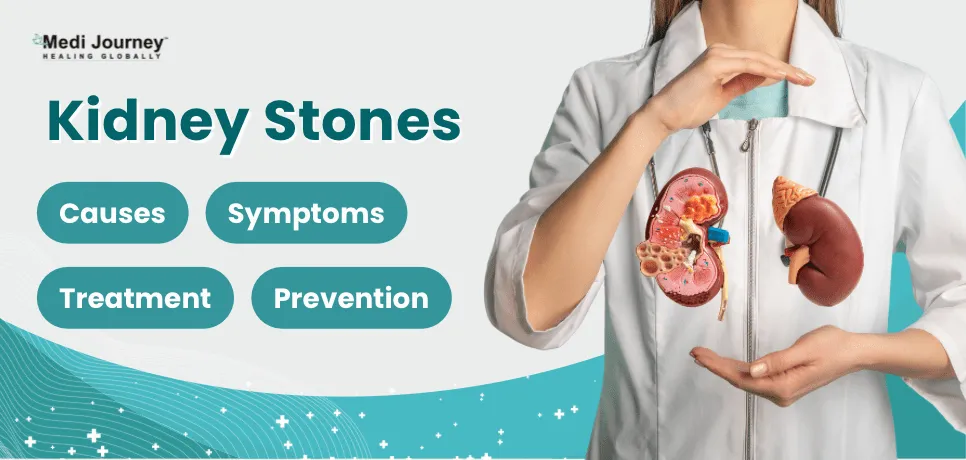
Kidney stones, aka nephrolithiasis, are a common painful condition affecting millions of people each year. If you've ever experienced them, you know how excruciating they can be. Despite their tiny size, they can cause immense discomfort and, if untreated, lead to serious complications. In this blog, we'll cover everything you need to know about kidney stones, from how they form and what causes them to prevention and treatment options. Our goal is to help you understand the issue in simple terms so you can take proactive steps to protect your health.
Fill up the form and get assured assitance within 24 hrs!
Renal calculi, more commonly known as kidney stone, is a hard deposit of minerals in the kidneys. They can be as tiny as a salt granule or as large as a golf ball. While the stones may remain in the kidney unnoticed, they can travel through the urinary tract, causing severe pain, especially when they move through narrow tubes like the ureter (the tube that connects the kidney to the bladder).
Stones typically form when too much of certain minerals are in your urine. Uric acid and calcium oxalate are the most common composition of kidney stones, but other substances can also contribute. They tend to form when your urine becomes too concentrated—essentially when there isn't enough liquid to dissolve the substances. This results in the formation of crystals, which gradually grow into hard stones.
To understand how kidney stones are formed, it helps to know a little about how the kidneys work. Your kidneys act like filters for your blood, removing waste products and extra fluid to produce urine. When your kidneys filter blood, they also manage and regulate minerals like calcium, oxalate, phosphorus, and salts, which your body either uses or eliminates in urine.
Under normal conditions, your urine contains chemicals that prevent these minerals from clumping together. However, when the balance is off—due to dehydration, excess mineral content, or other factors—the minerals can begin to form crystals. These crystals stick together, forming a larger mass: the kidney stone.
Over time, the stone can grow in size. While some stones stay small enough to flow through the urinary tract unnoticed, bigger stones can cause significant pain and complications.
Kidney stones can be differentiated based on the crystals they are made of. Not all kidney stones are similar, and knowing the type of stone helps reduce the risk of developing them in the future. The four major types of kidney stones are:
A combination of dietary, genetic, and environmental factors can cause kidney stones. A few factors can increase your likelihood of developing kidney stones. Here are the most common reasons for kidney stones:
Due to dietary habits, kidney stones are becoming increasingly common in urban populations. Men are at a higher risk of developing kidney stones than women. There were over 115 million worldwide cases of kidney stones in 2019. The diseases affect around 12% of the global population at some point in life. Kidney stones are responsible for over 500,000 emergency visits each year. The risk of the disease recurring is 10–23% per year, 50% within 5–10 years, and 75% within 20 years.
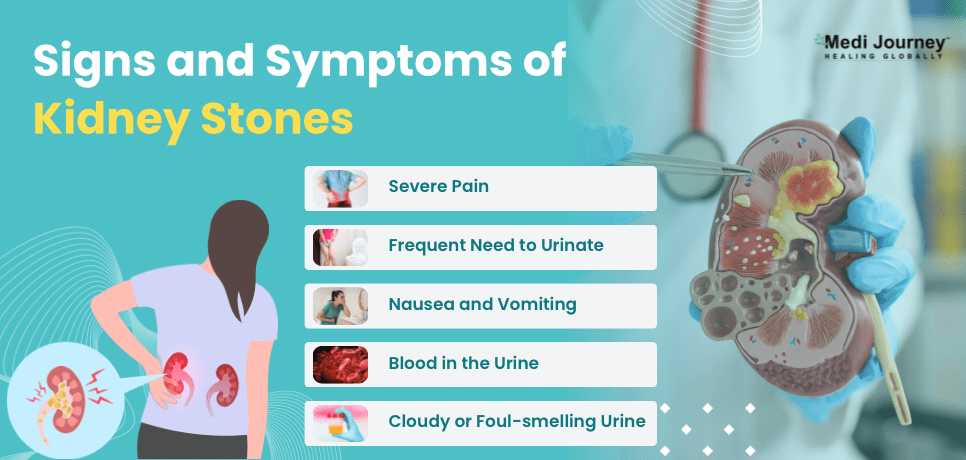
Kidney stones generally don't show signs until they start moving around within the kidney or pass into the ureter. The kidney stone symptoms depend on the location and size of the stone, but there are some common signs to watch out for:
If you suspect you have a kidney stone, your doctor will perform a combination of diagnostic tests. These tests confirm the diagnosis and determine the location and size of the stone. Common methods of detecting kidney stones include:
A common question among patients is whether their condition is serious. Are kidney stones dangerous? Well, here is the answer. Most kidney stones tend to pass on their own within three weeks and aren't usually life-threatening. You won't even notice smaller stones as they are mostly symptomless. However, bigger stones can become dangerous if not treated on time. Ignoring such stones can lead to serious complications. Here are the risks of leaving kidney stones untreated:
Kidney stone treatment depends on the size, type, and location of the stone, as well as your overall health. Generally, there are 4 methods for kidney stone removal. These include extracorporeal shock wave lithotripsy, ureteroscopy, percutaneous nephrolithotomy, and medicines. The treatment options are mentioned below based on the size of the kidney stones.
80% of kidney stones usually get removed from the body without any treatment. However, small stones may still require some medications and dietary changes. These include.
If the stone is too large to pass on its own or is causing severe pain or complications, medical intervention may be needed.
Certain medications help manage kidney stones effectively. Doctors prescribe different kidney stone medicines depending on your type of stone.
Yes, small kidney stones (under 5mm) can often pass on their own within 1-2 weeks, though the process can be painful. Staying hydrated by drinking plenty of liquids helps the stone move through the urinary tract more quickly. In some cases, physicians may prescribe medicines to help relax the ureter and make passing the stone easier.
However, larger stones (greater than 5mm) are less likely to pass on their own and may require medical intervention. Stones larger than 10mm almost always need to be removed surgically or through other procedures like shock wave therapy.
Stones that move out of the body without requiring surgical intervention have a four-stage process. These stages are decided based on the location at which the stone is present.
As discussed earlier, surgery is typically recommended when a kidney stone is larger than 10 mm and shows no signs of passing independently. Such stones may cause significant pain, blockages, or infections.
Kidney stones within the 5–8 mm size range, especially in the distal ureter, often pass with medical expulsive therapy (MET).
Doctors usually recommend a "wait-and-see" approach with increased fluid intake and pain management for stones under 5 mm. Further treatment may be necessary if the stone does not pass within a time period.
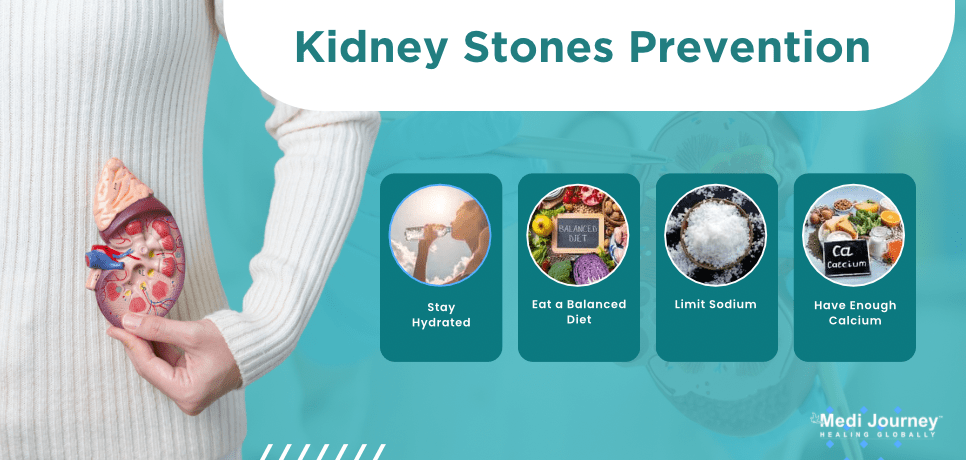
Prevention is often the best treatment for not just kidney stones but for most diseases. Making simple lifestyle changes can remarkably reduce your risk of developing stones:
Diet has a significant role in the development of kidney stones. If you've had kidney stones before or are at risk of developing them, it's important to avoid certain foods that can contribute to stone formation:
Kidney stones may be small, but their impact on your health can be significant. Understanding what causes kidney stones, recognizing the symptoms, and knowing treatment options can help you manage the condition and avoid future stones. The best way to prevent kidney stones is to stay hydrated, eat a balanced diet, and address any underlying health issues.
If you experience symptoms of kidney stones, such as blood in the urine or severe pain, seek medical attention promptly. Early intervention can prevent complications and reduce your discomfort. With small lifestyle changes, you can reduce the risk of kidney stones and keep your kidneys healthy for the long term.
Fill up the form and get assured assitance within 24 hrs!
Doctor of Pharmacy
Dr. Deepanshu Siwach is a skilled clinical pharmacist with a Doctor of Pharmacy degree.?He has 4+?years of experience and has worked with thousands of patients. He has been associated with some of the top hospitals, such as Artemis Gurgaon.
Director
Kidney Transplant Surgeon, Uro-oncologist, Urologist
Aakash Healthcare Super Speciality Hospital, Dwarka, New Delhi
Dr. Vikas Agarwal is a reputed Urologist and Kidney Transplant Surgeon with an experience of more than 22 years. His expertise lies in a wide range of laparoscopic surgeries, including laparoscopic donor nephrectomy, kidney, prostate, and bladder cancer surgery....
Senior Consultant
Medical Oncologist
Nanavati Super Specialty Hospital, Mumbai
WhatsApp UsSenior Director
Gynecologist and Obstetrician, IVF Specialist
Max Super Speciality Hospital, Shalimar Bagh, New Delhi
WhatsApp UsSenior Director
Gynecologist and Obstetrician, IVF Specialist
Max Smart Super Speciality Hospital, Saket, New Delhi
WhatsApp UsSenior Director
Gynecologist and Obstetrician
Max Smart Super Speciality Hospital, Saket, New Delhi
WhatsApp UsSenior Director
Gynecologist and Obstetrician
Max Smart Super Speciality Hospital, Saket, New Delhi
WhatsApp UsSenior Director
Gynecologist and Obstetrician
Max Smart Super Speciality Hospital, Saket, New Delhi
WhatsApp UsThe Art of Effective Communication
 30 December,2025
Read More
30 December,2025
Read More
 24 December,2025
Read More
24 December,2025
Read More
 23 December,2025
Read More
23 December,2025
Read More
 17 December,2025
Read More
17 December,2025
Read More
 16 December,2025
Read More
16 December,2025
Read More
 10 December,2025
Read More
10 December,2025
Read More
Trusted by Patients
"I am Asim from Bangladesh and was looking for treatment in India for neuro. I visited many websites to get the complete information regarding the treatment but I was not satisfied as I was getting confused. In the meanwhile, one of my friends suggested I seek help from Medi Journey as he experienced his medical journey very smoothly and was satisfied with it. They have filtered the top 10 doctors as per experience, the success rate of surgery & profile, so it helps us to choose the best treatment in India. "
"For my knee surgery, Medi Journey guided me to BLK Hospital where I received exceptional care. The team's support and the expertise at BLK Hospital exceeded my expectations. Thank you Medi Journey for making my medical journey stress-free. "
"I came from Iraq for my granddaughter's eye surgery in India facilitated by Medi Journey, due to critical cases they advised us to get a second opinion from the different hospitals before going to surgery. Finally, we went to Fortis Escort Hospital, which helped us to get more confidence for diagnosis. Fortis Escort Hospital has the best eye surgeon team with the latest instruments. Thanks to all team members for providing a high-quality treatment in India at an affordable cost. "
"I came for my hair transplant in India, before coming I was so confused about choosing the best clinic and surgeon for me. But thanks to God one of my friends had a hair transplant in India through Medi Journey. He recommended me to go with them. I am completely happy with my experience with them. They were always very fast in their responses to me. the success rate of my hair transplant surgery is 100%."
"Artemis Hospital, suggested by Medi Journey, turned out to be a great choice for my treatment. The personalized assistance and medical care were exceptional. I'm grateful to Medi Journey for guiding me to a hospital that perfectly matched my needs. Highly recommended! "
"I came from Afghanistan for my treatment in India at Jaypee Hospital, Noida. I had a fantastic experience with Medi Journey. Kudos to them for their incredible support during my medical journey. They not only took care of all the logistics but also connected me with a fantastic healthcare team. Efficient, caring, and highly recommended for a hassle-free medical tourism experience."
"I am Adam from Kano, Nigeria, one of my friends from Nigeria was facilitated by Medi Journey, and he recommended us to go with them. I sent my all reports to them and within 48 hours they reverted with 4 options from different hospitals. They helped me to get a Visa letter from the hospital, arrange pick-up from the airport, and book a hotel for me. Their team is very honest and throughout our stay in India they are with us they are caring for us like his family members. BLK Hospital is the best hospital in India with a top surgical oncologist surgeon team, a very advanced OT, and a Radiotherapy department. I wish more success to Medi Journey. "
"Great experience at the Max Hospital for my spine surgery and was successfully done. I thank my neurosurgeon and his entire team. I recommended all of my country's people to Medi Journey for treatment in India, they choose the best hospital, the best doctors, and the best cost for patients."
"I came to India from Dhaka, Bangladesh for my father-in-law's cardiac surgery at Fortis Hospital. I was confused about choosing the best surgeon for him before coming, but their team helped me to choose the best hospital and best cardiac surgeon in India with very good cost and 100% success rate of surgery. I am very happy with the services, really they make my journey so comfortable that make me feel at home. Thanks again and I like people to choose "Medi Journey" as your travel guide. "
"I am Mohammad from Bangladesh came to India for my general health checkup. Medi Journey offers me the complete package including Pick-up from the airport, hotel services, and 24-hour assistance. They guide you to choose the best hospital in India, the best cost of treatment with top-most doctors and give you complete information about hotel booking, and pick-up from the airport before coming to India They have the best team to help. Always choose Medi Journey for your treatment in India."
